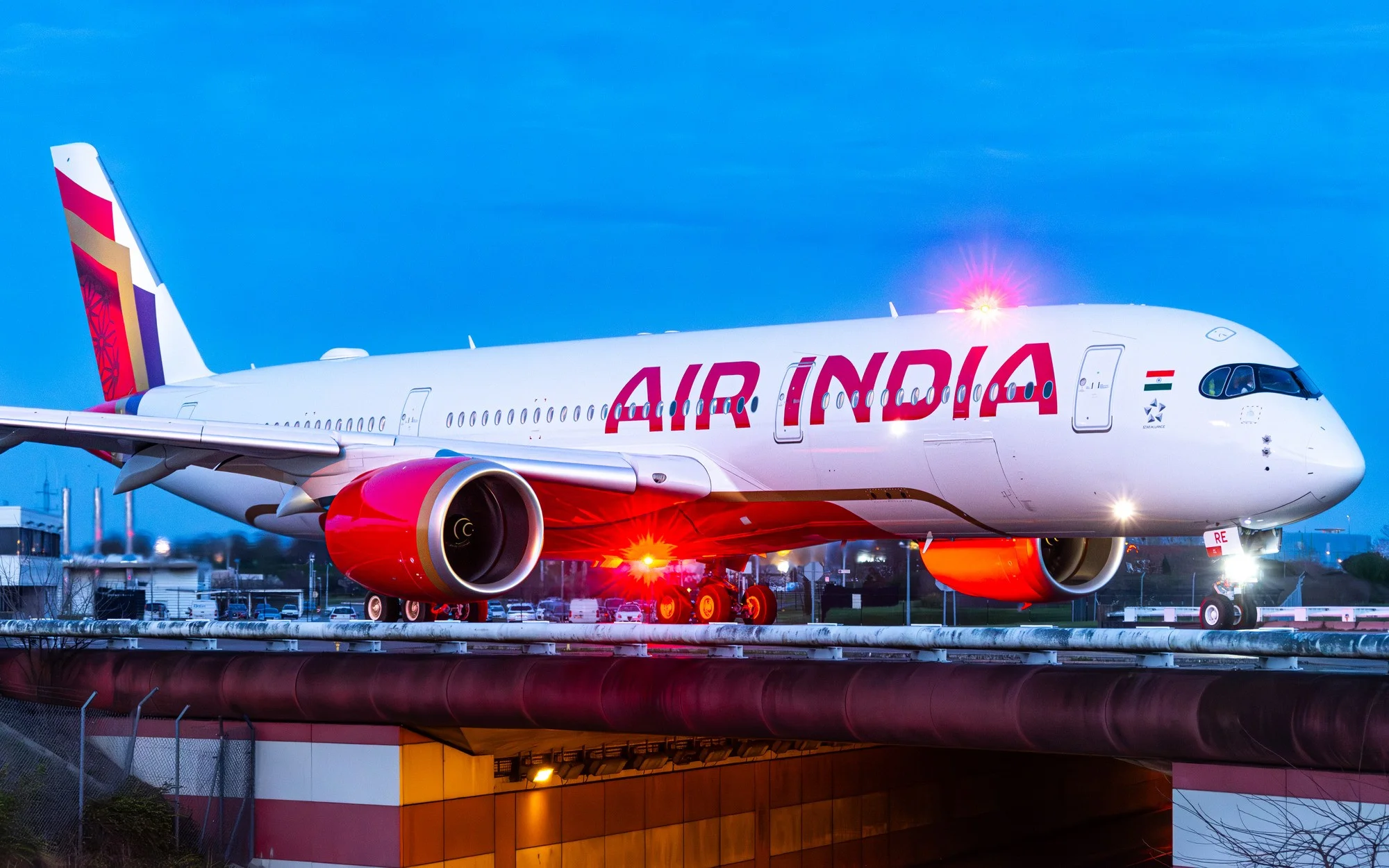Islamabad, 25 Apr, 2025: Indian Airlines are bracing for monthly losses potentially exceeding $500 million, following Pakistan’s decision to shut its airspace to Indian-operated aircraft.
The move, triggered by escalating regional tensions, has severely disrupted flight operations and rerouted numerous long-haul journeys, aviation analysts have said.
The ban was enacted soon after a meeting of Pakistan’s National Security Committee in Islamabad, and now bars all aircraft registered, leased, owned, or operated by India including military and commercial flights from crossing Pakistani airspace.
As a result, Indian Airlines have been forced to redirect many of their international flights, increasing travel time, fuel usage, and crew hours.
READ MORE: UAE Flight Ticket Prices Drop 35% with Budget Airlines
This adjustment has already led to significant operational setbacks. For instance, Air India’s service from Toronto was diverted to Copenhagen for refuelling, while flights from Paris and London to New Delhi had to make unscheduled fuel stops in Abu Dhabi.
Other disruptions included a Sharjah-Amritsar flight rerouted via Turbat, and another aircraft landing in Ahmedabad after a fuel shortage during its altered route over the Gulf of Oman.
Aviation experts noted that nearly 200 to 300 Indian flights utilize Pakistani airspace each day, including over 70 round-trip international services operated by major carriers such as IndiGo, SpiceJet, Air India, Akasa Air, and Air India Express.
The closure is expected to add up to two hours of flight time per trip, significantly increasing operational burdens.
A similar situation occurred in 2019 following the Pulwama incident, which resulted in Indian carriers incurring approximately INR 700 crore in extra costs due to rerouting.
The latest closure follows renewed diplomatic and military hostilities between the two countries. Tensions surged after an attack in Indian-administered Jammu and Kashmir that India attributed to Pakistan a claim strongly denied by Islamabad as unfounded and politically charged.
READ MORE: Pakistani Doctor Saves Life Mid-Flight, Saudi Airlines Honors Heroic Act
Both nations have since taken retaliatory measures, including suspending special visa policies, closing the shared land border, and reducing diplomatic personnel.
India has also halted cooperation under the Indus Waters Treaty, prompting warnings from Pakistan, which termed the action as a potential violation of international agreements.
With no official word on when the airspace restrictions might be lifted, Indian aviation firms are preparing for sustained financial strain, while international travellers face extended travel times and route uncertainty.









